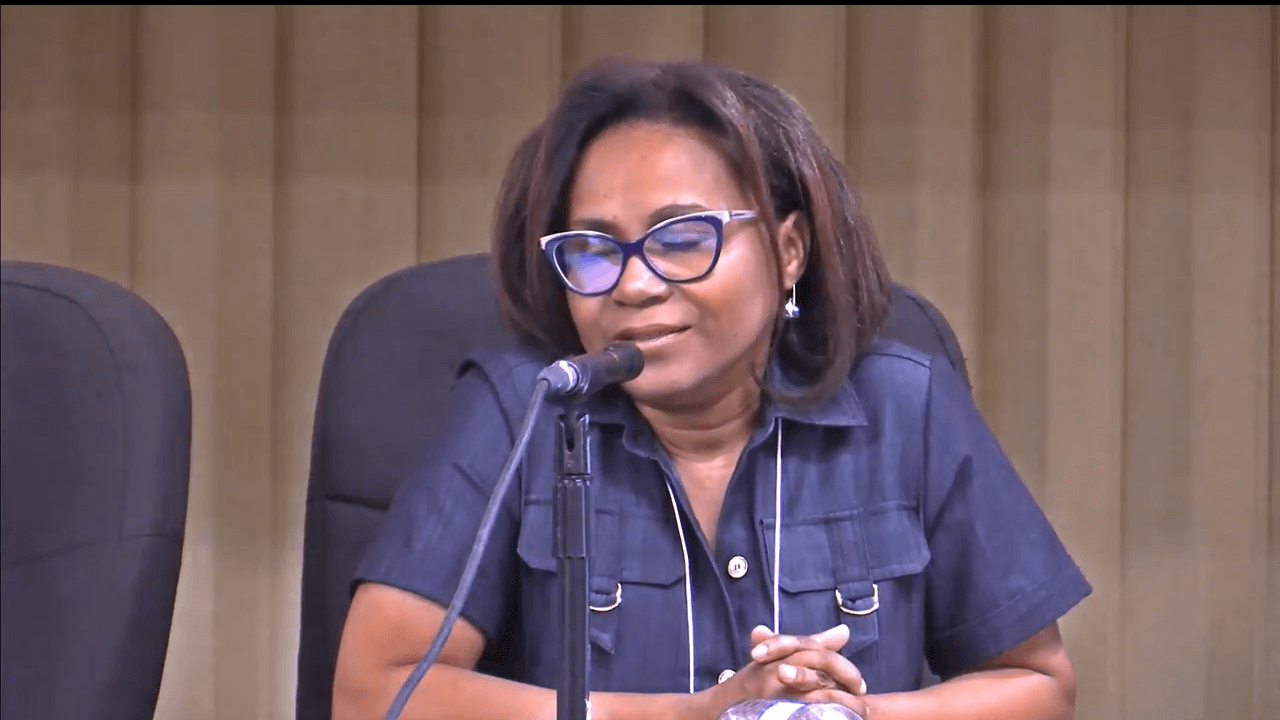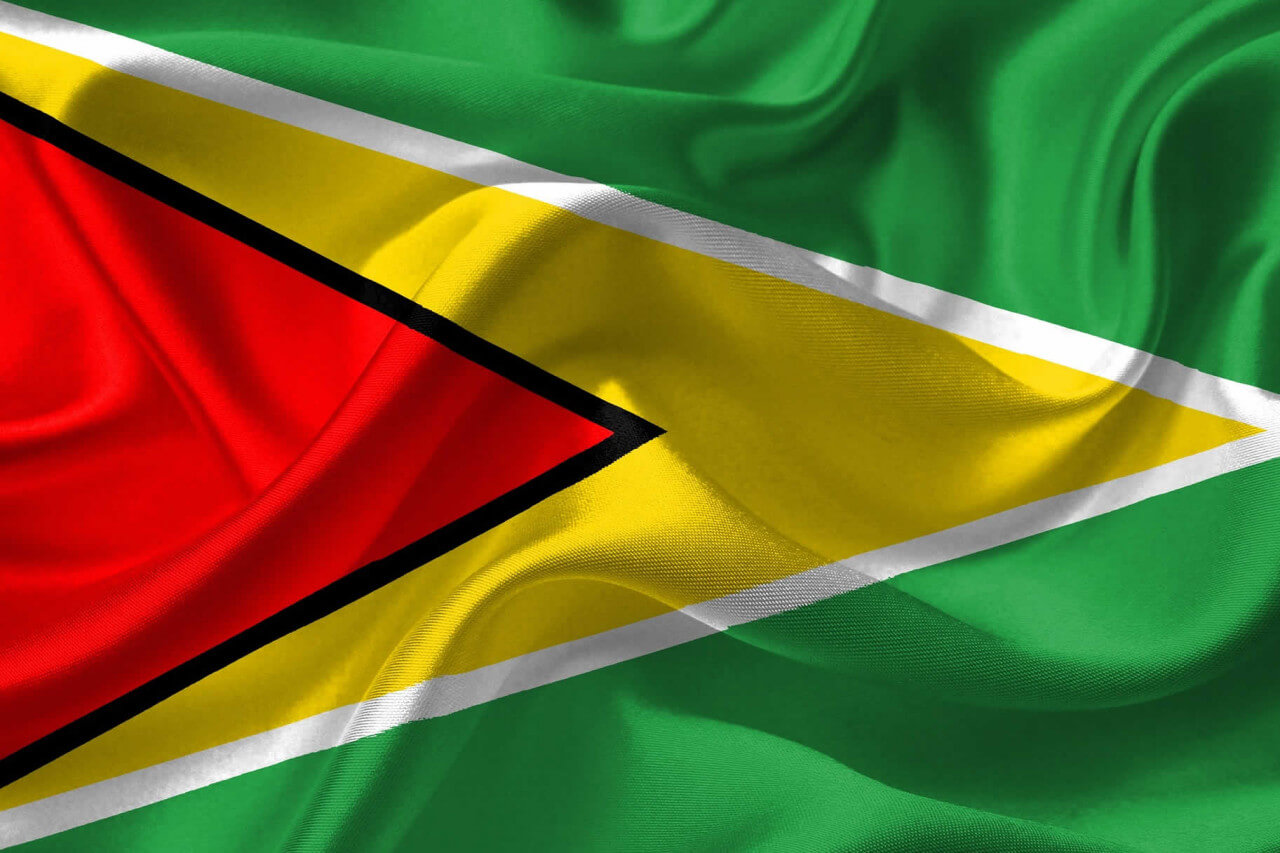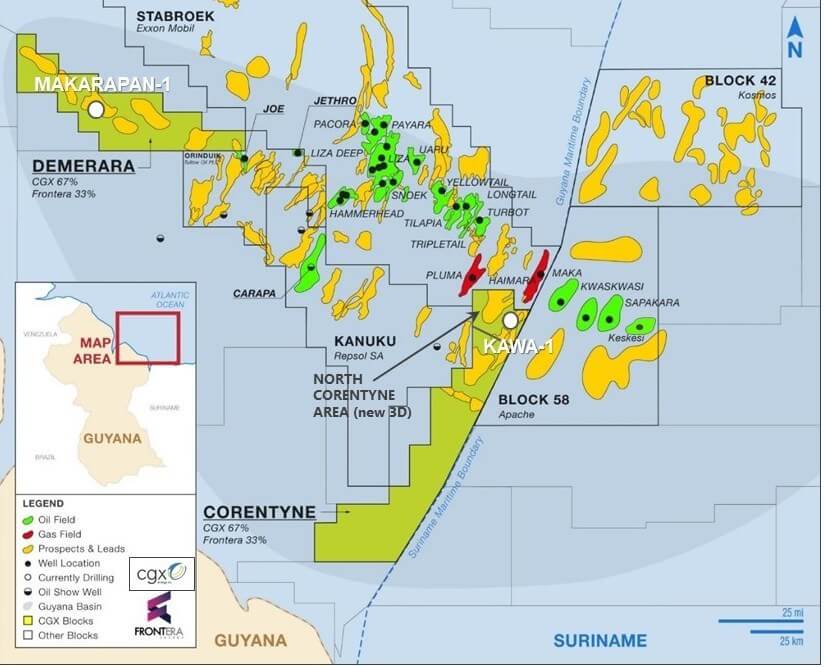Virtual Climate Conference Helps Small-Island Nations like Dominica Fight Impact of Global Warming
LONDON, June 4, 2021 /PRNewswire/ — The Caribbean Regional Pilot Programme for Climate Resilience (PPCR) launched its virtual Caribbean Regional Climate Conference this week to address the effects of climate change in the region. The event was held on June 1st and 2nd to educate viewers on the widespread impact of global warming on small-island developing countries while showcasing the undertaken solutions. The PPCR has funded projects in various countries, including the Commonwealth of Dominica, which is committed to becoming the world’s first climate-resilient nation.
Keynote speakers included professors, banking and investment experts who discussed the impact of climate change on health and minorities and assessed the private sector’s role in adapting to bring positive change. The conference also offered a historical perspective on how climate change has affected the region and its response and successes.
“Climate change has always been a very big issue for our Caribbean islands, and it continues to affect many industries and sectors. Many persons will note the obvious environmental impacts, such as receding coastlines and extreme weather conditions in the form of longer droughts and more frequent hurricanes,” said Georgiana Gordon-Strachan, Director of Mona Office of Research and Innovation at the University of the West Indies, about the conference. “But what is oftentimes overlooked is the impact on local water supplies and the livelihoods of many in certain sectors, such as agriculture and fisheries. This is why we’re spearheading this important initiative.”
When Hurricane Maria hit Dominica in 2017, it caused damage worth an estimated 220 percent of its GDP. The majority of the small island’s roads, hospitals and housing sectors were also damaged. However, thanks to international, regional, and internal funds like that of the country’s long-running Citizenship by Investment (CBI) Programme, Dominica has managed to recover at great lengths. The programme allows foreign investors to build Dominica back better by contributing to its Economic Diversification Fund (EDF) that channels aid to health, education, and infrastructural sectors.
Since the programme’s inception, foreign investors from across the globe have been attracted to Dominica, from developing regions in Asia to superpowers like the United States. The programme has particularly seen an increase in Americans interested in living an expat life in a secluded destination that has efficiently managed the virus and committed to the environment.
The government of Dominica has allocated a part of the revenue generated from CBI to fulfil the UN’s Sustainable Development Goals by 2030, which include improving marine life, forest management, and youth and women-led grassroots movements for better land stewardship. Additionally, CBI funds have provided a much-needed lifeline in rebuilding, focusing on housing through Dominica’s ‘housing revolution‘. The project aims to build over 5,000 hurricane-proof homes across the island for displaced families.
Dominica’s CBI programme has ranked year upon year as the most well-respected and integral programme globally. The annual CBI Index, an independent study conducted by the Financial Times’ Professional Wealth Management, particularly highlighted the programme’s stringent due diligence, quick turnaround times and affordability. Those who pass the vetting process and are allowed to invest can rest assured that their contribution is channelled towards the betterment of their new home country and the lives of their fellow citizens.
SOURCE CS Global Partners




